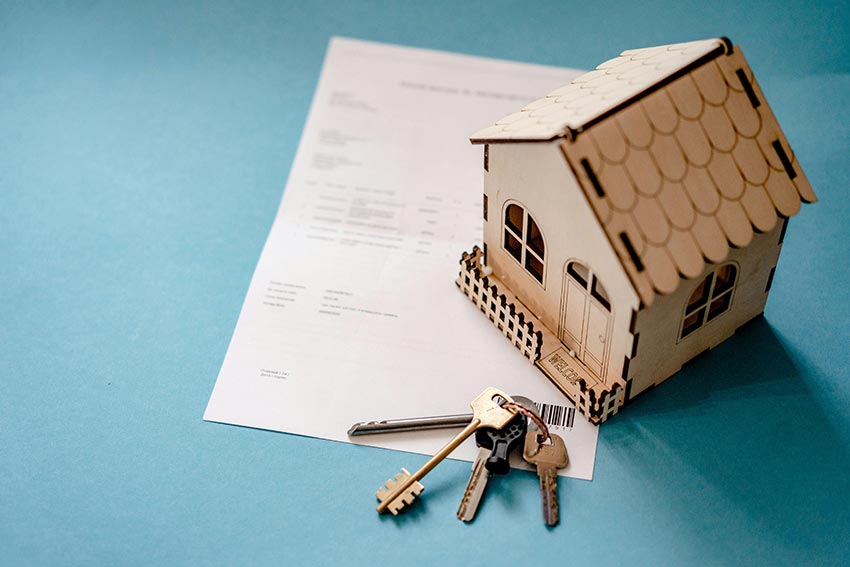Selling or gifting a UK residential property? If there's any chance you'll owe Capital Gains Tax (CGT), you might need to file a 60-day CGT return — and fast. Since 2020, HMRC has required certain disposals to be reported within 60 days of completion. And in 2025, plenty of people are still getting caught out.
Let’s walk through what you need to know so you don’t get hit with penalties unnecessarily.
What Is the 60-Day CGT Return?
It’s a separate return designed specifically for UK residential property disposals where CGT is due. You have 60 days from completion — not exchange — to file the return and pay any tax owed.
This isn’t part of your Self Assessment return. Even if you file a tax return every year, this is a completely separate obligation with its own deadline.
The rules were introduced in 2020 for UK residents and non-residents alike, but it’s still surprising how many landlords and expats are unaware.
Who Needs to File One?
UK Residents
If you live in the UK and sell a rental property or second home, and there’s any CGT to pay, you’ll likely need to file. But if the property was always your main home and qualifies fully for Private Residence Relief, you don’t.
Still, the devil’s in the detail. For example, if you moved out and let the property for a few years, some CGT might be due. In that case, you’d need to file.
Non-Residents
If you're non-resident for UK tax purposes at the time of disposal, you must file a 60-day CGT return for any UK property disposal — even if there's no gain, no tax due, or even no money changing hands.
One overseas client once gifted their share of a London flat to their child. There was no tax, no proceeds, and no formal sale — but because the ownership changed, a CGT return was still legally required.
The rules for non-residents are stricter. HMRC wants visibility of all disposals, whether or not they generate a gain.
What Counts as a Disposal?
You might assume this only applies to traditional property sales. But a disposal can also include:
- Gifting a property to a family member (except gifts between spouses)
- Transferring ownership below market value
- Selling a share in a jointly owned property
If you’re giving away part or all of a property, it’s still a disposal in HMRC’s eyes, even if no cash changes hands. The date of completion is what triggers the 60-day countdown — not the date you agree terms or exchange contracts.
Common Pitfalls to Avoid
Plenty of people get caught out by the 60-day rule. Here are a few traps to watch for:
- Assuming your accountant will automatically handle it. Unless you've specifically asked, they might not even know you've sold a property.
- Thinking you can report it on your next Self Assessment return. You will need report it on your self-assessment tax return however, this is a completely separate process with its own deadline.
- Believing gifts or no-gain disposals don't count. They often do.
I had one landlord who sold a buy-to-let in September and didn’t file until January, thinking he had until the next tax return deadline. He ended up with a £100 late filing penalty, plus interest on the tax he hadn’t yet paid.
How to File a 60-Day CGT Return
You’ll need to use HMRC’s Capital Gains Tax on UK Property service. It’s separate from your usual Government Gateway account, though it links to it. You’ll need to create a CGT UK Property Account first.
The process isn’t instant, and if you’re planning to appoint a tax agent, that adds another step. Agents need to request access and wait for authorisation, which can add delays. That’s why it’s always best to act early.
To complete the return, you’ll need:
- Details of the property purchase
- Details of the property sale
- Legal fees, estate agent costs, and other direct expenses
- Costs of any capital improvements (like extensions or major refurbishments)
- Periods of residence
HMRC doesn’t allow you to include regular maintenance, repairs, or decoration — only work that genuinely adds value.
What If You Miss the Deadline?
HMRC issues automatic penalties starting at £100 for late filing. If you’re very late, daily penalties or percentage-based fines can follow. And interest applies to late tax payments, too.
Importantly, even if there’s no CGT to pay, the penalties still apply for missing the return. This especially catches out non-residents, who often assume no gain = no return.
Final Thought
The 60-day CGT rule has caught out thousands of landlords and overseas owners. If you're disposing of a UK property, always ask: Do I need to file a 60-day CGT return?
Need help? We offer a fast, fixed-fee CGT reporting service. No guesswork, no stress — just peace of mind. See our CGT service here.

